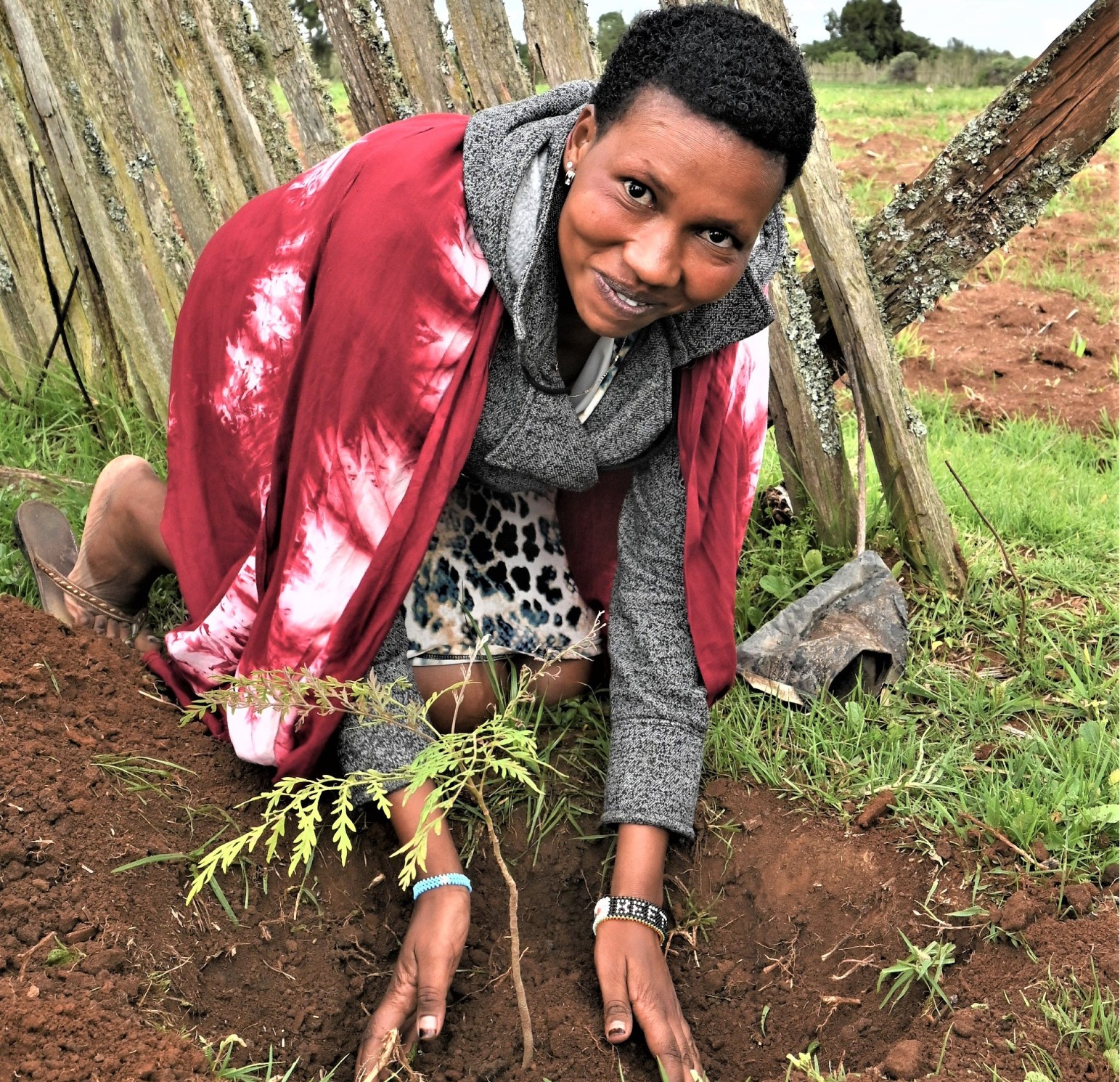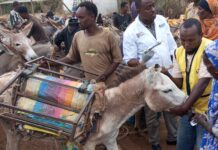By Talkafrica Correspondent
Nairobi, Kenya: Concerns about the lifting of a ban on illegal logging in Kenya continue to mount as stakeholders in the conservation sector cry foul. The ban on logging and timber extraction was imposed six years ago. The Kenya Forest Working Group and East African Wildlife Society have issued their statement concerning this matter. It reads as follows;
The Kenya Forest Working Group (KFWG) and East African Wildlife Society (EAWLS) express deep concern regarding the recent announcement by His Excellency the President of Kenya, Dr. William Ruto, that the moratorium on logging in the country’s commercial plantation forests is being lifted. This announcement was made at a church service in Molo on July 2, 2023.
While we understand that harvesting of mature trees in exotic plantations may be important, we urge the government to maintain an unwavering ban on logging in indigenous forests. It is imperative to protect the essential ecosystem services these forests offer, including their role in mitigating climate change. Instead of prioritizing short-term economic gains and job creation through logging, the emphasis should be on preserving our indigenous forests.
We request that the relevant committees in the Senate and the National Assembly summon the Ministry of Environment, Climate Change and Forestry, and the Kenya Forest Service (KFS), to discuss the implementation of recommendations from the 2018 Taskforce Report on Forest Resources Management and Logging Activities in Kenya.
These recommendations address key areas, including the establishment, management, harvesting, valuation, and disposal of public plantation forests, aiming to enhance productivity and revenue generation. We also underscore the importance of working closely with private landowners and state corporations that own significant land areas, encouraging investment in private forest plantations to augment public plantations and satisfy Kenya’s growing demand for wood.
The President’s consideration of these recommendations is crucial as he contemplates lifting the logging ban. The parliamentary committees should also insist that the KFS outline how it will deal with the saw millers who made financial commitments six years ago before the ban took effect, and account for the instances of illegal logging that have occurred during the ban in many parts of the country, for example in the Kinale area.
As we open up our commercial forests for logging, Kenyans would also like to know where the proceeds of such important forest management practices as logging would go considering the Forest Conservation and Management Fund is yet to be established as per Section 27 of the Forest Conservation and Management Act of 2016.

The President’s announcement on lifting the logging ban has created considerable confusion among stakeholders. Without clarification, this confusion could result in misuse and misinterpretation of our indigenous forests. We urge the government to release an official statement detailing the forests in which logging will be allowed, the rationale behind the lifting of the ban, and measures to ensure compliance with the Forest Conservation and Management Act of 2016 and Forests (Participation in Sustainable Forest Management) Rules of 2009.
We further demand that the KFS publicly share its plans on tree felling, harvesting, and replanting. An inventory of plantations, including details on tree volume, locations, acreage, and age should also be made available through local newspapers, the KFS website, or other official communication channels. This information must be disclosed before permitting logging in public plantation forests. We also call for the conversion of any plantations within indigenous forests back to their original state, as suggested by the 2018 task force.
We are deeply concerned that lifting the logging moratorium without considering the aforementioned recommendations and concerns could have detrimental effects on our indigenous forests.














